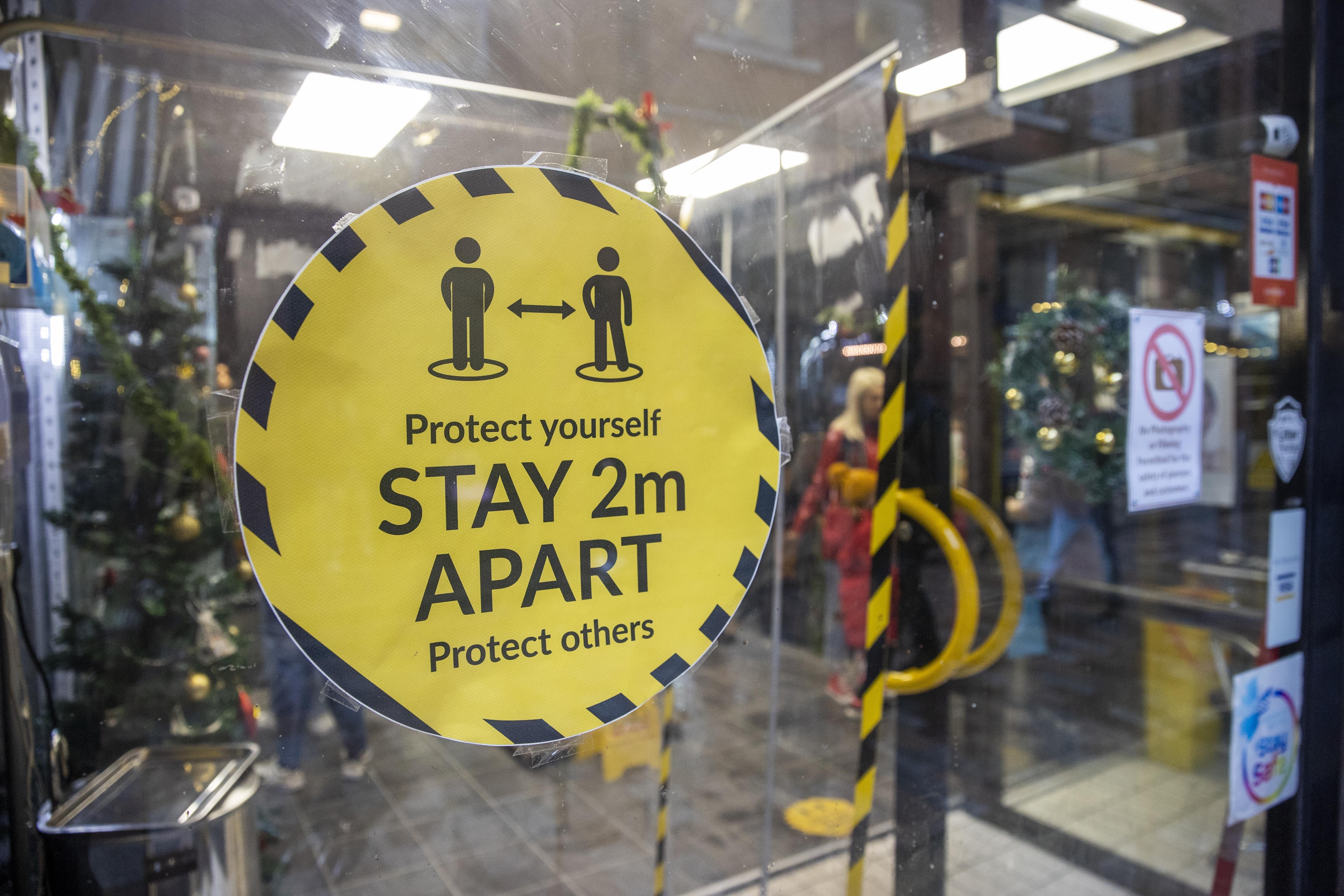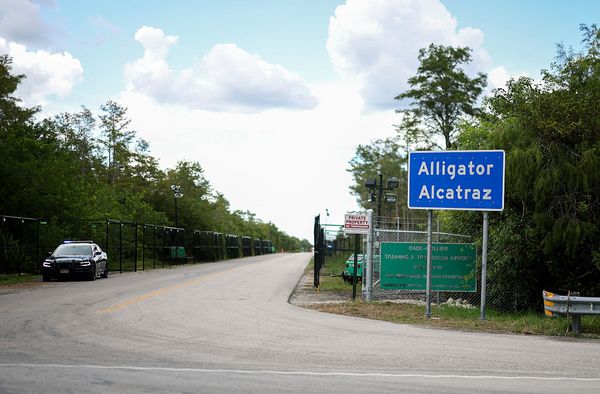
The most recent figures showed more than 30,000 cases of Covid-19 in the region (Liam McBurney/PA)
(Picture: PA Wire)We might all be sick of (and from) new Covid variants but unfortunately, another one has been discovered in France.
The variant, which has been nicknamed IHU after the group of researchers from the IHU Mediterranee Infection institute, in Marseille, who are studying it, and is less catchily known as B.1.640.2 variant, has so far infected 12 people living in the southeast of France.
The first case was linked to someone who had recently travelled to Cameroon, western Africa and has only been found in France.
What could be bad is that the variant has 46 mutations on its spike proteins which could pertain to being more resistant to vaccines.
For now, the World Health Organisation has not labelled it a variant of concern as it did with Omicron. The variant “has been on our radar,” Abdi Mahamud, a WHO incident manager on Covid, said at a press briefing in Geneva on Tuesday. “That virus had a lot of chances to pick up.”
Sign up to our new free Indy100 weekly newsletter
The WHO monitors multiple variants and this one is only under investigation.
B.1.640 was classified as a “Variant Under Monitoring” by @WHO in Nov
— Maria Van Kerkhove (@mvankerkhove) January 3, 2022
See link for more info on variants we are tracking. @WHO @GISAID & partners have robust system for detecting, assessing, classifying, info & sequencing sharing for decision making.https://t.co/Hq7RkuWQwx https://t.co/ZBBCGh9dFW pic.twitter.com/WwMBtlk3Zl
Meanwhile, University College London geneticist Professor Francis Balloux said it is not currently linked to a spike in cases or hospitalisations in France.
And virologist Tom Peacock, of Imperial College London’s Department of Infectious Disease, said the variant has had “a decent chance to cause trouble but never really materialised”. He added: “Def not one worth worrying about too much at the mo.”
Lots of chat about B.1.640.2 in the last few days - just a few points to keep in mind:
— Tom Peacock (@PeacockFlu) January 3, 2022
- B.1.640.2 actually predates Omicron
- in all that time there are exactly... 20 sequences (compared to the >120k Omis in less time)
Def not one worth worrying about too much at the mo...
Fingers crossed it stays that way.







